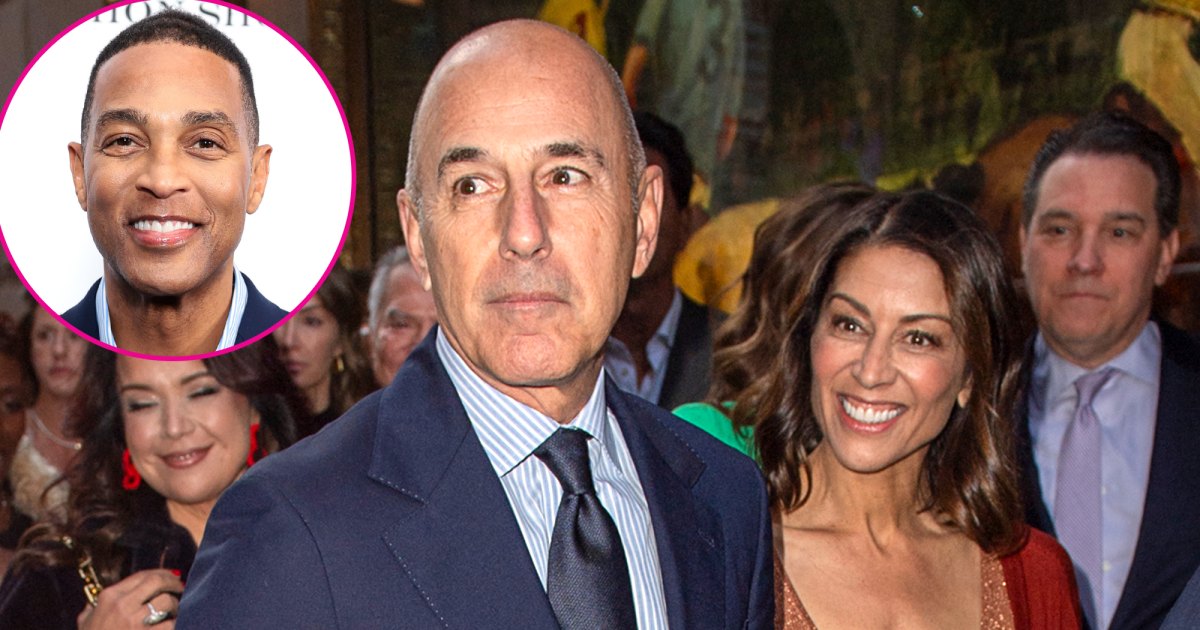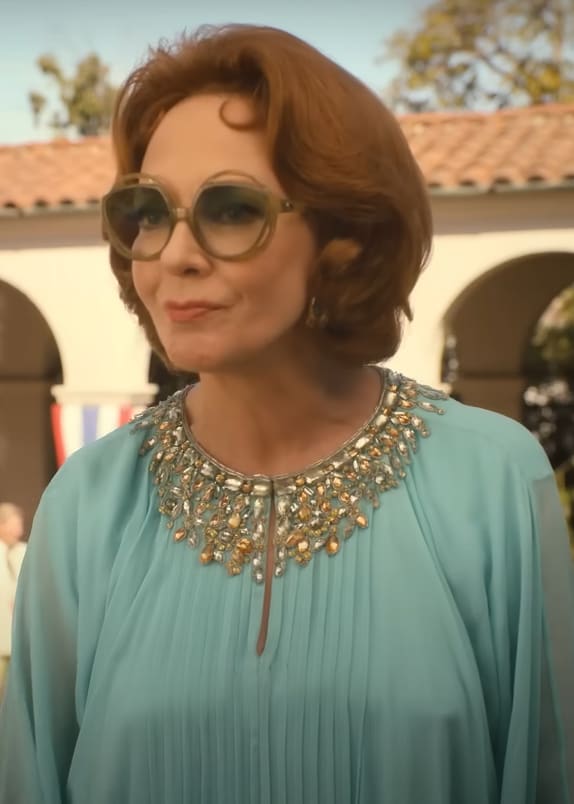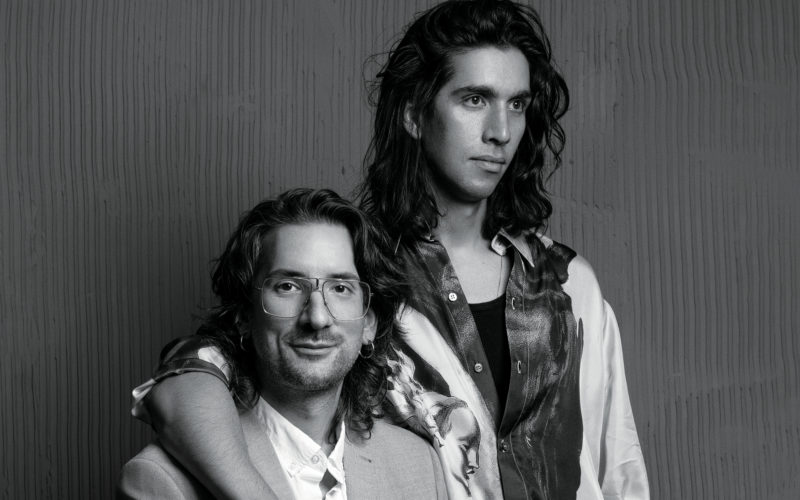Spinning out of the Going There with Dr. Mike podcast presented by Consequence and Sound Mind Live, the monthly “Ask Dr. Mike” column is here to answer listeners’ questions. As we wrap up BIPOC Mental Health Month, Dr. Mike discusses how we can improve our mental health by embracing our authentic selves.
Sometimes it can feel like we are trapped in a mental health paradox. On the one hand, there is so much happening in the world that can cause us to suffer emotionally: pandemic, climate change, political strife, economic suffering and inflation. Some who had never experienced depression or anxiety have begun feeling an overwhelming sense of loneliness and dread, while those already grappling with mental half have found their struggles exacerbated.
On the other hand, whenever we turn on our computers or open our phones, we feel bombarded with images that suggest that many people whose mental health appears to be fantastic. They are living their “best lives” — enjoying precious moments, sharing good times with friends and family, and doing wonderful and interesting things in the world. They seem happy, fulfilled and connected. These blissful images of others can make us feel worse about our own lives as we make social comparisons that can cause us to spiral even further.
Part of what drives this social comparison deficit is that there often seems to be a societal all-or-none approach to how we experience and express our mental health. The societal bias of mental illness leads to those who in any way struggle with mental health are often considered “weak” or “defective.” At the same time, if our life is going OK in any way — job, family, friends, interests — we are somehow not entitled to have mental health problems. How could we feel depressed when we have such a nice life? What do we have to be anxious about? Everything is fine, we just need to be grateful for what we have and move on.
This sort of prejudice puts us in a bind. We want to be able to express our suffering and seek the care we need, but don’t want to be labeled as weak and thus excluded from social or business opportunities. We want good things to come to us, but don’t want the pressure of always being happy and energetic. It’s a contradiction of authenticity, one that inevitably leads us to feeling like we must hide who we are or how we feel, limiting our ability to be honest with ourselves or those around us and get any help we may need.


















:quality(85):upscale()/2023/09/13/661/n/1922564/e914a1066501cc897903d6.08615338_.png)









